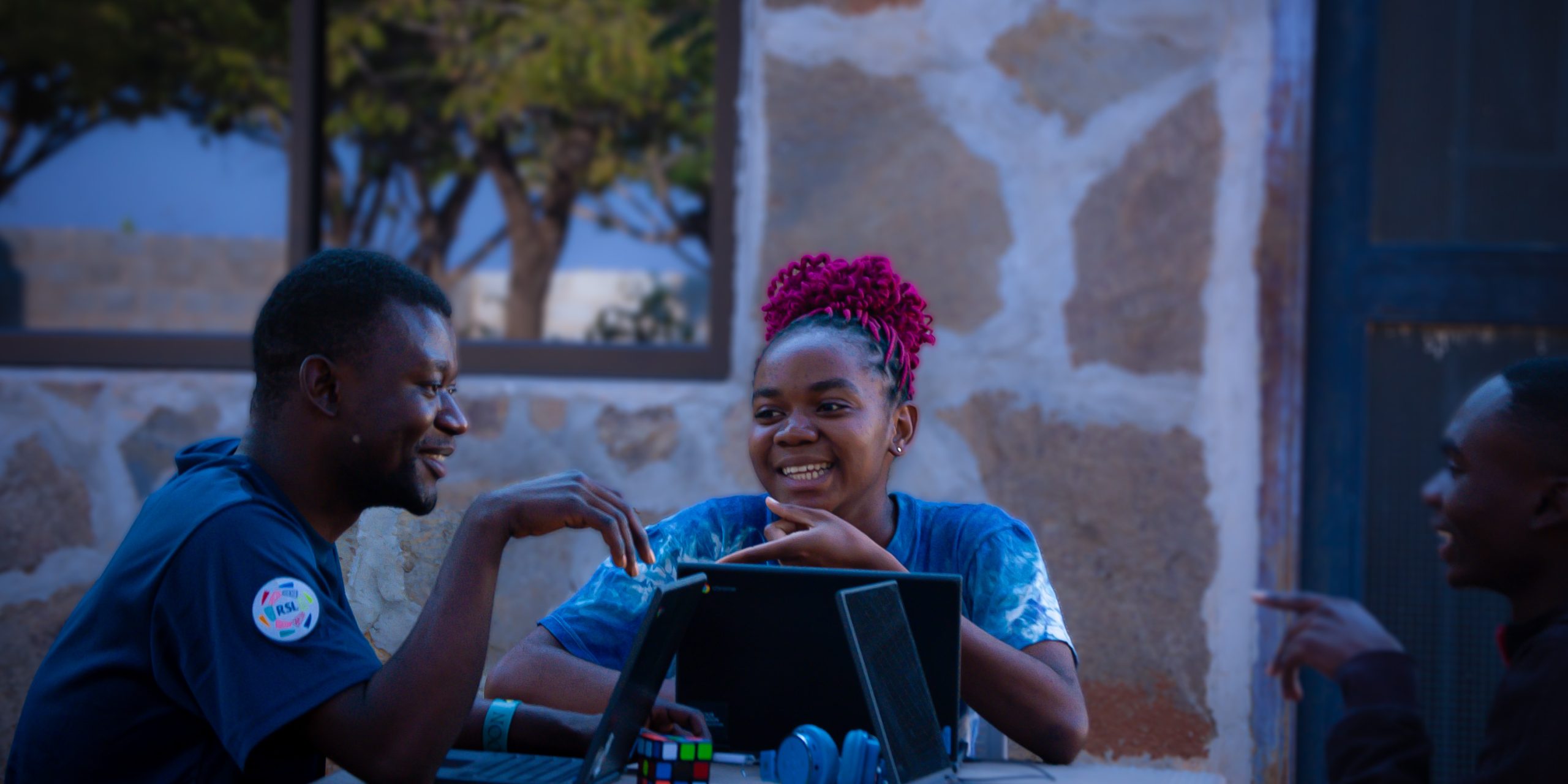Edwin Mbewe writes the first of his blog series
I’ve always been interested in science, and its undeniable impact it has had since the beginning of time. From the discovery of Penicillin to that of the Higgs Boson, science has always taught us through experimentation, solved our problems via producing substances, and suggested the future from those facts. Ebola came; a vaccine solved the problem. Ignorance existed; we now know so much about systems, processes and bizarre phenomena, biological or technical. Engineering, too, has used these findings to create paradigms to solve our problems. We, therefore, think we have the tools to dominate the Earth, and manipulate it, and restructure it our own way, based on our perceptions.
So why then do problems still exist?
So why then do we have problems on the planet that still continue to call for global action? If science has advanced to the extent of quantum mechanics and metaphysics, and bioengineering, what has gone wrong for the planet that Greta Thunberg needs to raise the alarm about climate resolutions? In the field of medicine, for instance, we now know how to tackle pathogens, using the “lock and key theory”, and we are slowly moving towards nanotechnological drug deliveries, but why do new pathogens still pose a challenge to eradicate? What about the constant civil wars in Somalia, and Lebanon, which have been evacuating citizens for decades now?
Let us look back in time for a minute. How did the field of science evolve? History has it that during World War II, in the midst of gun fires, individuals gathered to manufacture chemicals to be used in guns. This largely led the way for the establishment of most research universities. Long before that, we have discoveries by Alfred Nobel, Ernest Rutherfold, Charles Darwin, Albert Einstein, Thomas Edison and Nikola Tesla, Isaac Newton, Marie Curie, among many (not forgetting my namesake: Edwin Hubble). In our current era, we have start ups booming, leading the way to a fourth industrial revolution. A close analysis of the evolution of science shows that most, if not all, discoveries were simply pursuing new knowledge on how things work.
Science to solve problems or to help us to solve the problems?
Having attended a technical school like Hillcrest, science to me was the ‘solver’ of the world’s problems. I always imagined it to be the centre of bringing solutions to people. I never knew it was simply enacted to search for “how” things work in our bodies, environments, and in our solar system. I thought that to solve a global challenge, my solution was to get into scientific laboratory research. But, should science be held responsible for solving challenges? Or is it simply a platform for us to use its relevant findings to seek solutions for our problems?
Since leaving Our Moon’s site, I have been watching world news and, shockingly enough, most of the stories are about catastrophes across the world. In Zambia alone, floods have been making headlines almost every single day. In nearby countries, like Zimbabwe, cyclones have caused the evacuation of masses of people. Firstly, in Australia, now in California, forest fires have fiercely been raging. And that is before we start thinking about the effects of COVID-19. Here, debates are raging about the intent of the vaccines. Catastrophes? In the scientifically-advanced world? How are they possible? Based on the findings of science, forest fires are a result of global warming, which stems from our gaseous effusions.
Again, is science responsible for solving challenges? I no longer think so. I think the problem is perceiving science as such, because it leaves the perceiver irresponsible, burdening science to roll out problems. If a civil war were to break out in a city, all the people of that city would be affected, regardless of their social status. My conclusion is that there exists something more powerful than science which MUST be scrutinised and restructured to solve our global challenges: human behaviour. The analogy I’ve described about a city at war is symbolic of a global challenge. Science can only play its part in the chain of solving a global challenge.
It’s all about human behaviour
In a nutshell, if human behaviour is something more powerful than science, then reshaping human behaviour, not the resources around humans, is the way we are going to solve global challenges. The UN has constantly been trying to feed homeless refugees and educating vulnerable girls. The security council has been sending soldiers for peace-keeping missions. But for how long should the UN be chasing after terrorists, rapists and human traffickers? This isn’t a scientific problem. It is human behaviour. Who is helping to infuse the right behaviour in humans, through education, to solve our global challenges? Are we all waiting on science to do something? Who is going to stop the conflicts in Iraq, Syria and other countries where citizens misunderstand the long stay of a leader in power, like in Uganda?
Despite the oncoming of the fourth industrial revolution, scientific development, artificial intelligence, and other robust inventions, human behaviour is still fundamentally flawed. If colleges have courses on human behaviour like anthropology, psychology, sociology, philosophy, theology, then more support must be pumped into those courses, because only then, will we solve the challenges of having abusive leaders and bosses, unethical researchers in labs, kidnappers, health-unconscious children, unequal access to wealth, and other evils like of pride, greed, lust, envy, gluttony, wrath, and sloth. It pays to look at the teachings of the past from the likes of Aristotle while observing the warnings of economists like Thomas Sowell and clinical psychologists like Jordan Peterson.
Even if “fools have tried, and wise men have failed”, as Bob Marley says, we have the capacity to lead the change we want to see.


